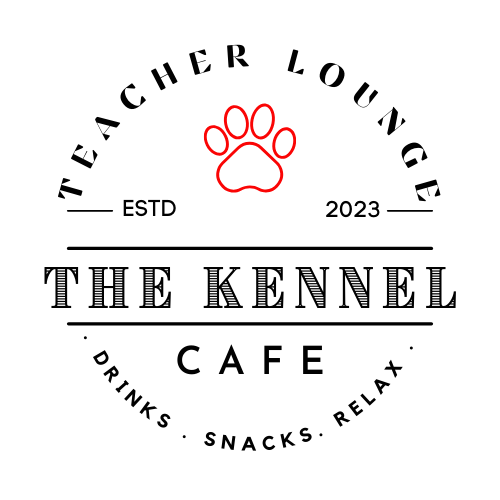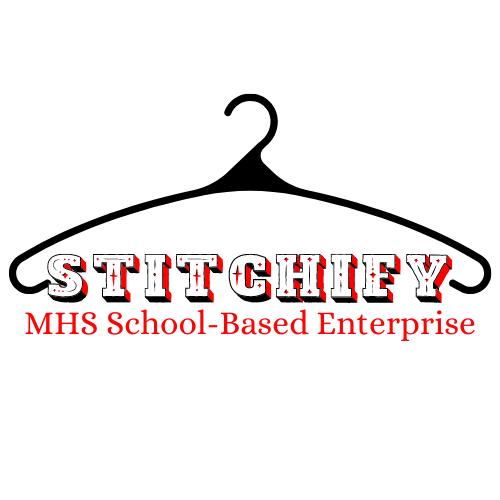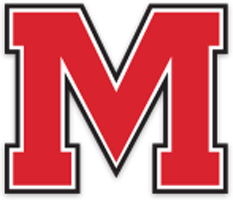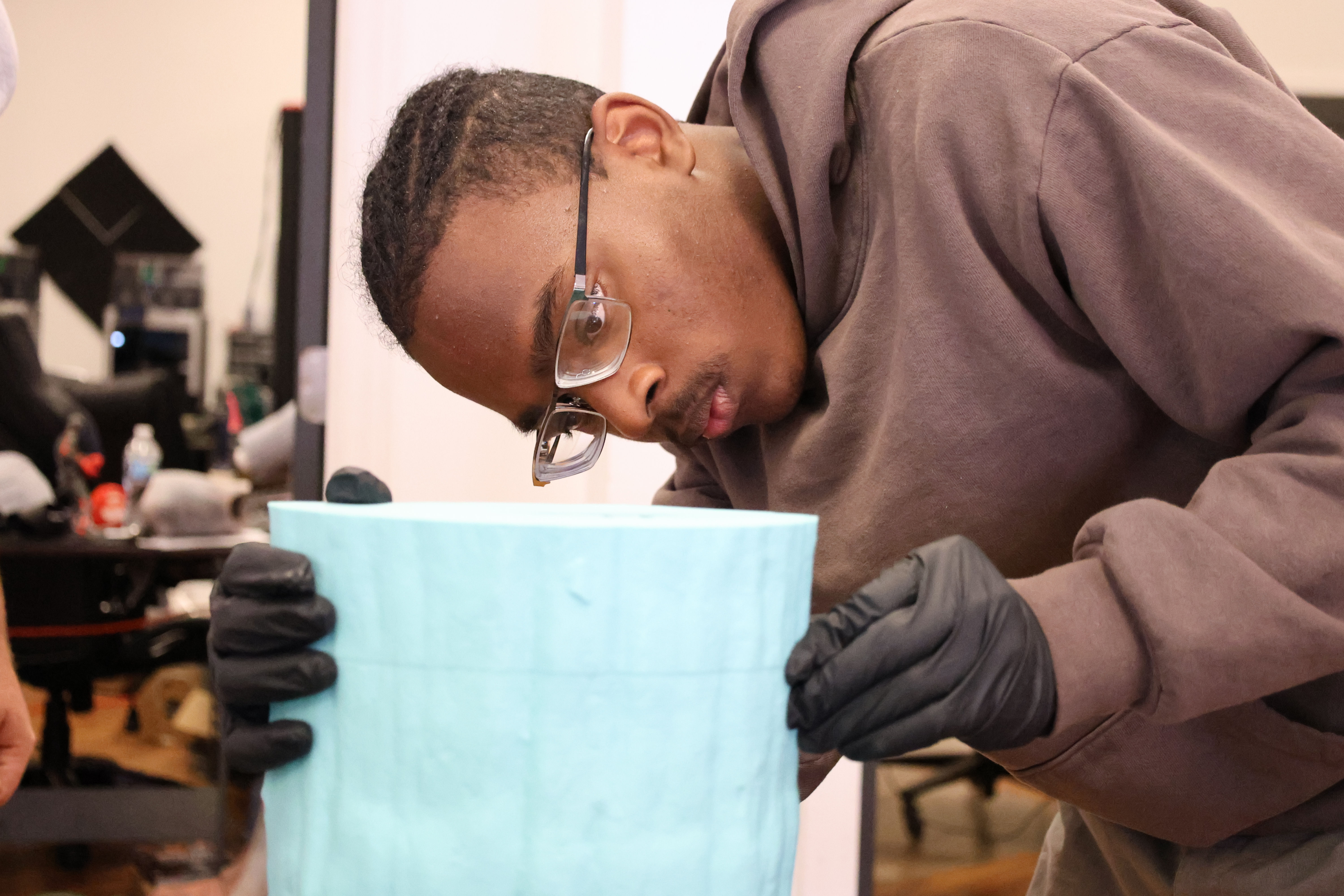
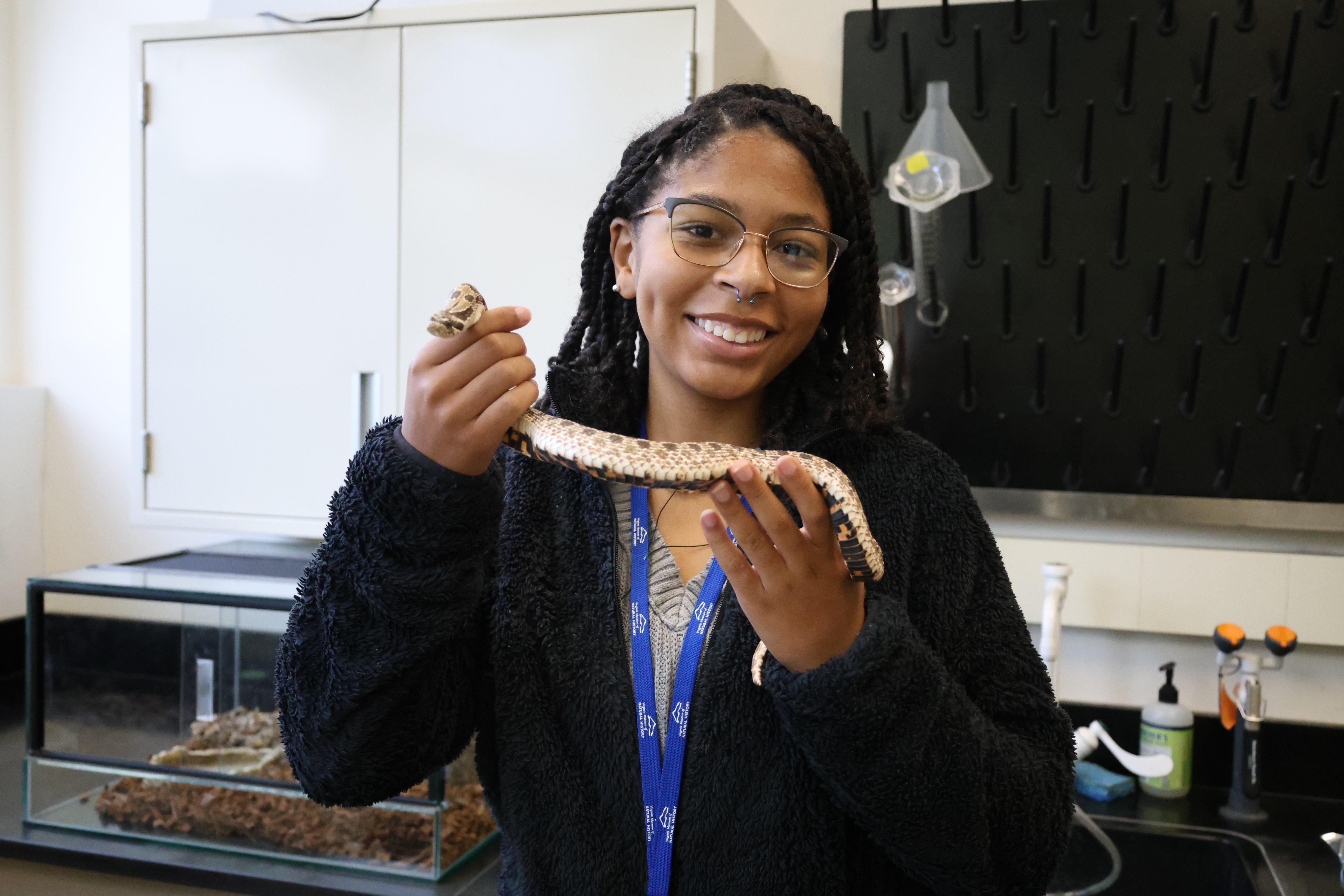
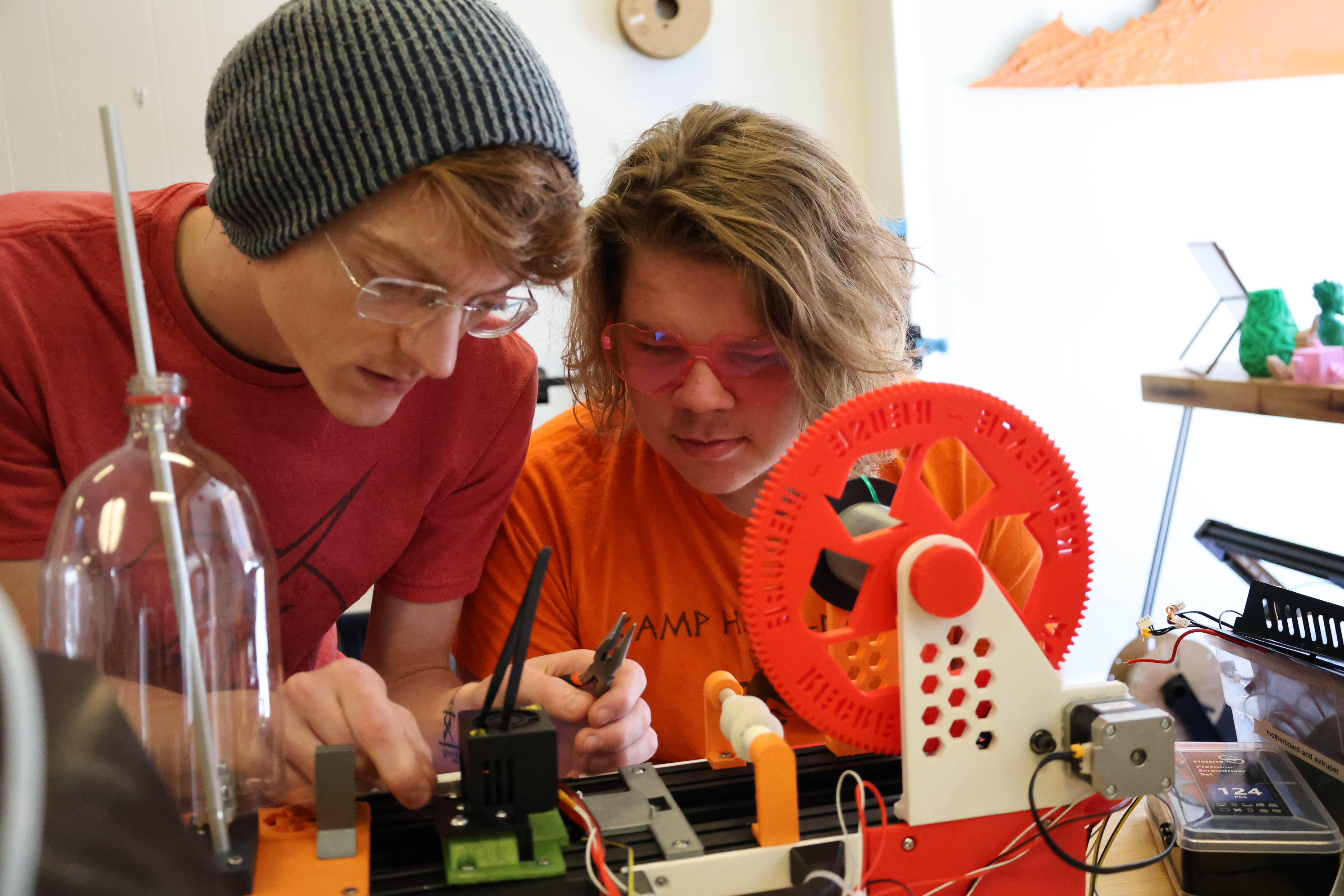
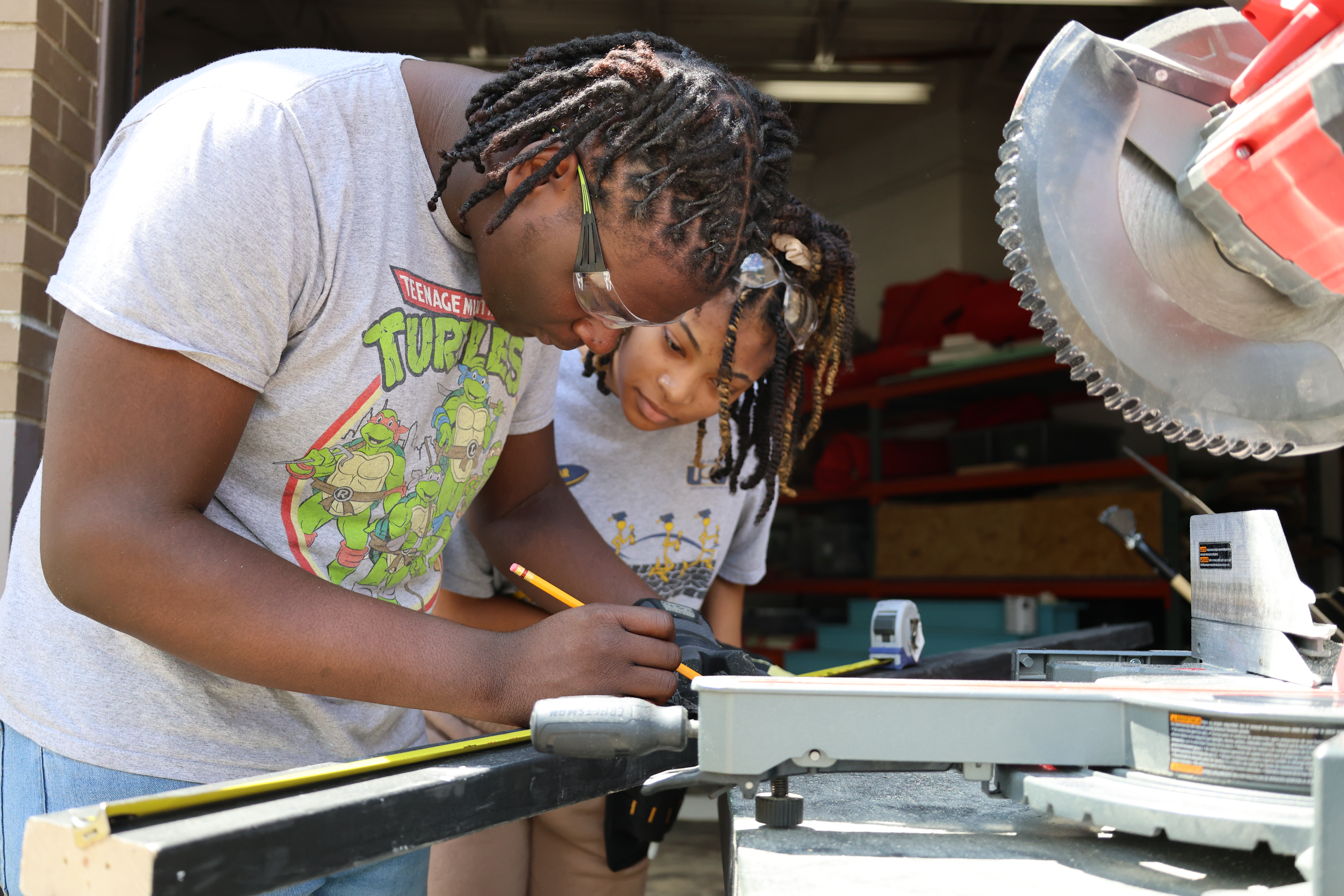
Work-Based Learning
Martinsville High School provides work-based learning experiences for Students to Explore Meaningful and Impactful (SEMI) career training through internships.
An internship is a Work-Based Learning experience that places the student in a real workplace environment to develop and practice career-related knowledge and skills for a specific career field related to the student’s career interests, abilities, and goals. It is connected to classroom learning and accompanied by structured reflection activities. Students participating in internships are guided by a formal, written training plan that defines specific academic and workplace skills to be mastered. Students will be participating in a non-paid internship. Students cannot work at an after-school job in the place of an internship. Students will also participate in internships off-campus. Only one internship will be done by students at Martinsville High School.
No student will be removed from a course mid-year to participate in an internship. Students that are enrolled after the deadline will be handled according to their scheduling needs.
Students should work an average of 70 hours per quarter to achieve a minimum of 280 hours for the school year to earn credit toward graduation. Internships of shorter duration do not earn credit outside of that already earned for the related CTE course.
Lastly, your participation in the SEMI Internship Program can be counted toward the 40 hours of community service that are required to graduate.
Please note: We do not recommend student intern at their present place of employment or with an immediate family member.
The window to sign up to participate in an internship is now CLOSED! The window will reopen in the spring semester of the 2025 school year.
Summer Internship Sponsored by the City of Martinsville

School-based Enterprise
A school-based enterprise (SBE) is a hands-on learning activity where students plan, operate, and manage a real business within their school. These enterprises provide students with valuable, practical experience in various aspects of business operations, from product development to customer service. Here are some key components and benefits of SBEs:
Key Components:
Real Business Environment: Students engage in actual business activities such as sales, marketing, production, and financial management.
Curriculum Integration: The enterprise is often integrated into the school's curriculum, allowing students to apply what they learn in the classroom to a real-world context.
Student Leadership: Students take on leadership roles, making decisions and managing the enterprise, which helps develop their leadership and teamwork skills.
Advisory Support: Teachers and industry professionals provide guidance and support, helping students navigate challenges and learn from their experiences.
Benefits:
Practical Experience: Students gain hands-on experience in running a business, which enhances their understanding of business concepts and practices.
Skill Development: Participants develop a wide range of skills, including communication, problem-solving, financial literacy, and critical thinking.
Career Preparation: SBEs prepare students for future careers by providing real-world experience and helping them build a strong resume.
Entrepreneurial Mindset: Students learn to think like entrepreneurs, understanding the risks and rewards of business ventures and developing innovative thinking.
Community Engagement: These enterprises often engage with the local community, fostering relationships and providing services or products that benefit the school and its surroundings.
